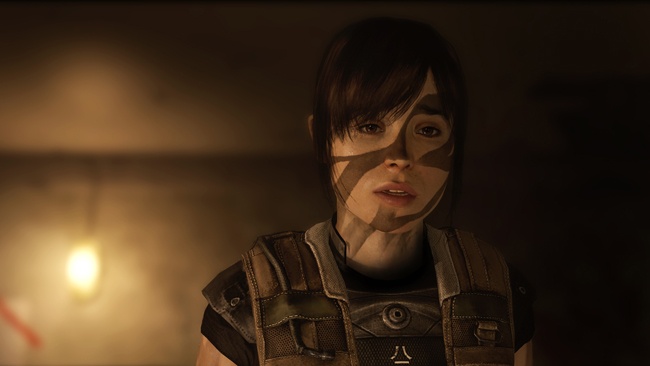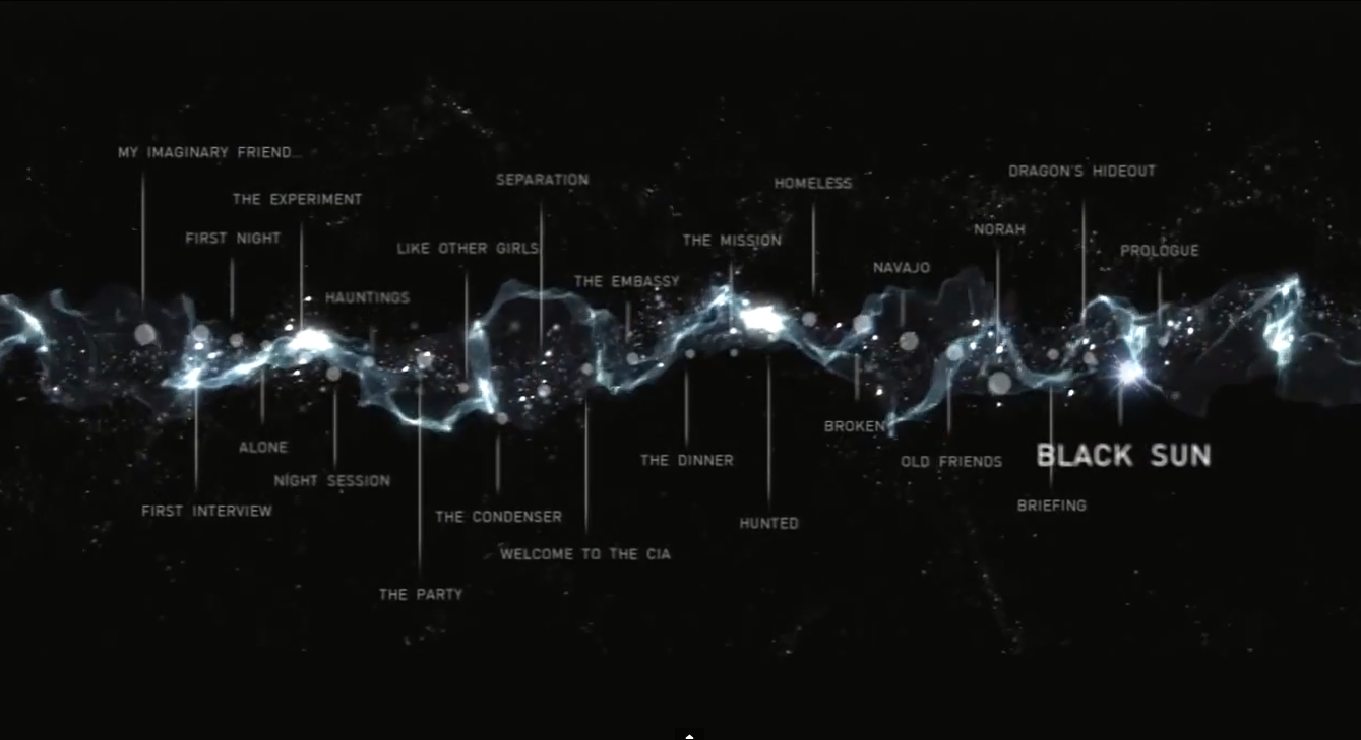

Shortly after, Jodie approaches the edge of the side of a bridge, looking across to the motorway below. As you explore the shelter under the bridge you come across a knife stuck into a tyre, which Jodie proceeds to hold near her wrist, about to self-harm. Although I’ve never been homeless, it’s an easier situation to relate to.īefore you even step out onto the streets to try and earn money, this level presents two other scenarios I imagine a lot more people can relate to. The number of different choices you can make in this chapter is similar to a lot of Heavy Rain, which is why that game was praised so highly, but most of those situations were set in a heightened, film noir world. I wasn’t playing this level as Jodie, but asking myself what I would do in this situation. Similarly, I picked up the coins lying around but refused to take money from an ATM – it just goes against my own moral code. While part of me was intrigued to see how far the game would go in showing this sexual favour, I couldn’t bring Jodie – or myself – to do it.

Beyond two souls chapters how to#
The final two options come presented with dilemmas: the first is using Aiden to short-circuit an ATM and stealing the money that comes out, whilst the second is accepting a seedy man’s proposition to go round a back alley with him.Įven though, like a lot of ‘morality choices’ in Beyond (and in videogames in general), progression isn’t massively altered by what you do, I found myself really thinking about how to play this level. You can also borrow a guitar from a busker and earn money that way. So, what can you do to try and earn some money? You can make a sign of your choosing or go begging to people at the cafe to no avail, and pick up some change people have left in a payphone and newspaper dispenser, which doesn’t nearly cover what you need. To the game’s credit, you have multiple ways of achieving this, and it’s the choices you are presented with that not only elevate this chapter above the rest of the game in terms of interactivity, but really made me think about what it would be like to be in that situation and how I’d react. Here, reality sets in: to survive the night, Jodie is going to need to go out onto the streets and somehow find enough money for food. After collapsing on the pavement alone, she wakes up in a shelter under a bridge with a group of people in the same situation. She’s tired, hungry and freezing cold on the snow-covered streets. She’s on the run from the police and the CIA. The chapter in question is called Homeless, and that’s exactly the state we find Jodie in. I’m not sure which is more ridiculous, but in the context of the game, it’s most likely the former, seeing as the whole plot centres around a paranormal entity called Aiden who’s tethered to Jodie. Later on, you help a Native American family perform a ritual to rid the lands of an evil spirit.

In one scene, main character Jodie is a teenager at a house party where she gets thrown in a cupboard for getting the birthday girl a lame present. The story has been similarly panned and rightly so: Beyond jumps back and forth across the timeline of one girl’s life, wildly changing genre and tone. There is truth in these claims for the vast majority of the time, it’s more ‘find the right thing and do it properly’ as opposed to letting you do your own thing. Heavy Rain, David Cage and Quantic Dream’s 2010 project, was always going to be a tough act to follow, winning multiple Game of the Year awards for its combination of highly interactive way of storytelling and gameplay.īeyond was criticised as feeling like a step backwards, with the game more about activating cues for the next cut scene as opposed to being truly interactive. Last year’s PlayStation 3 exclusive, Beyond: Two Souls, wasn’t a massive critical or commercial success.


 0 kommentar(er)
0 kommentar(er)
